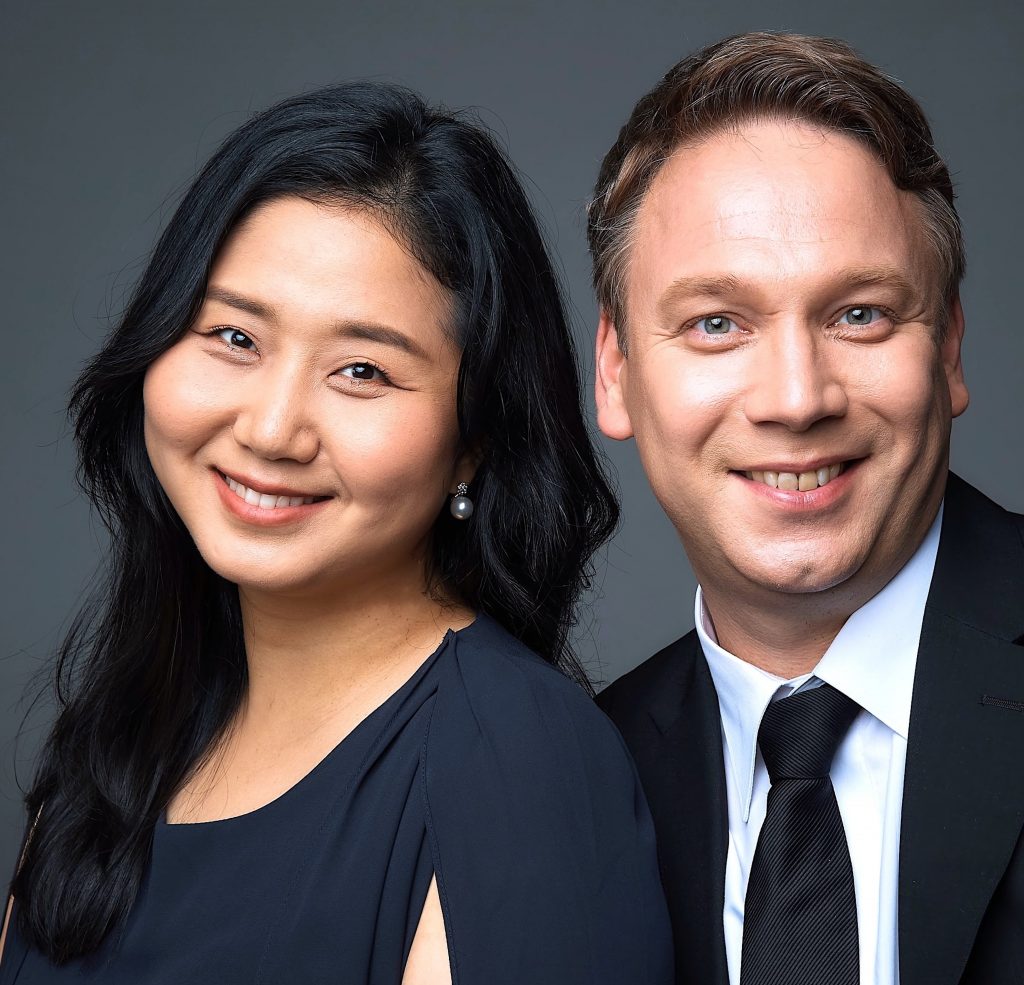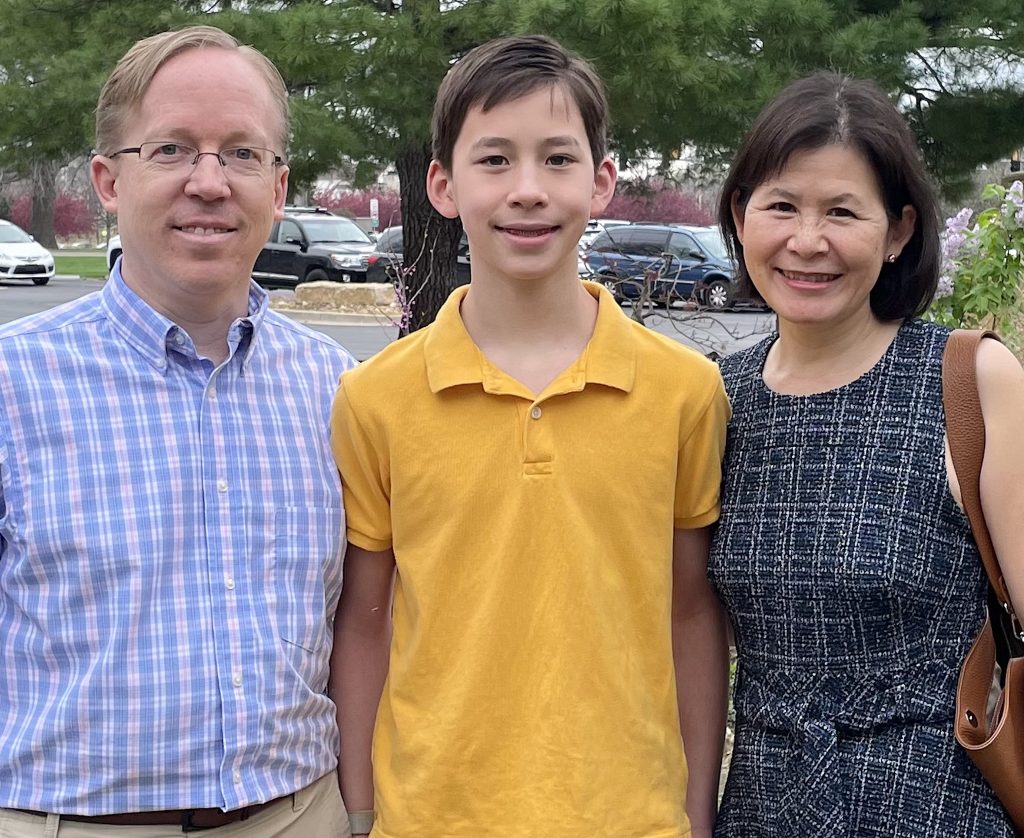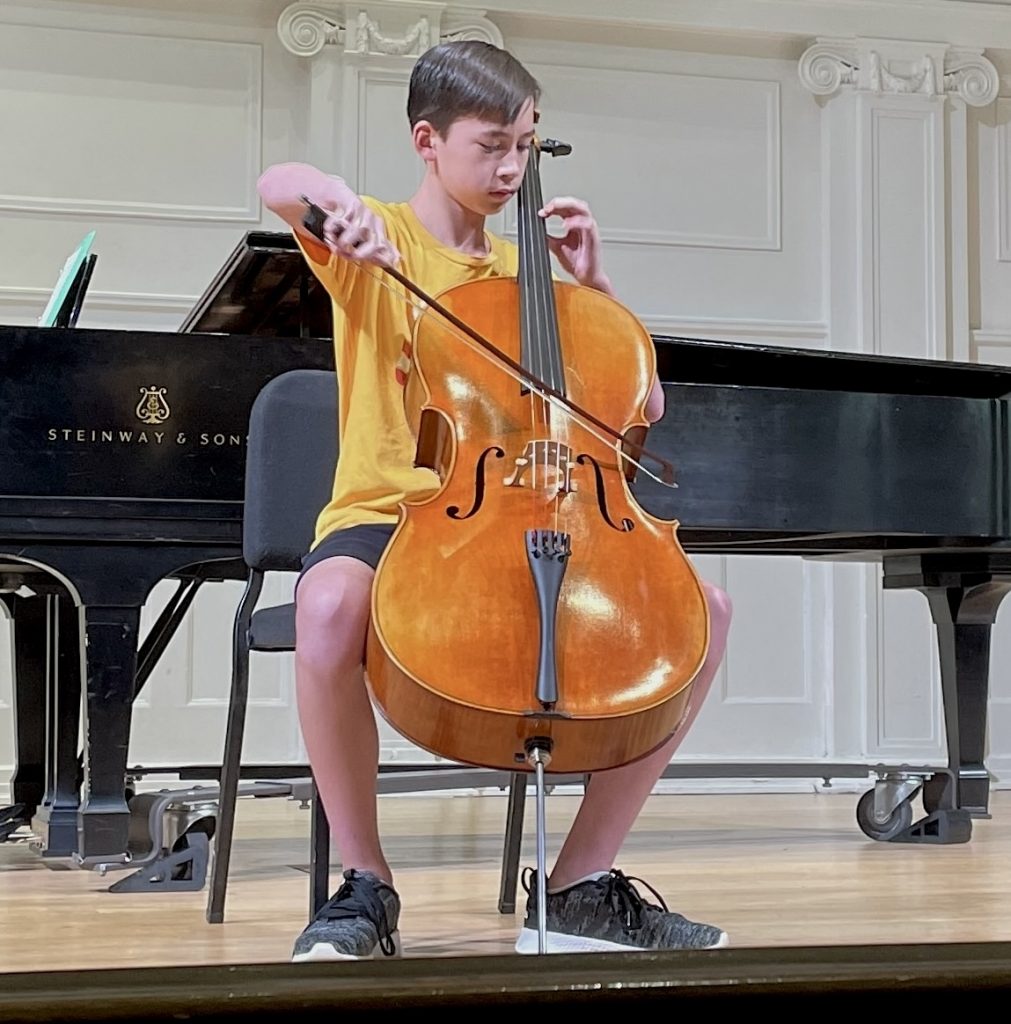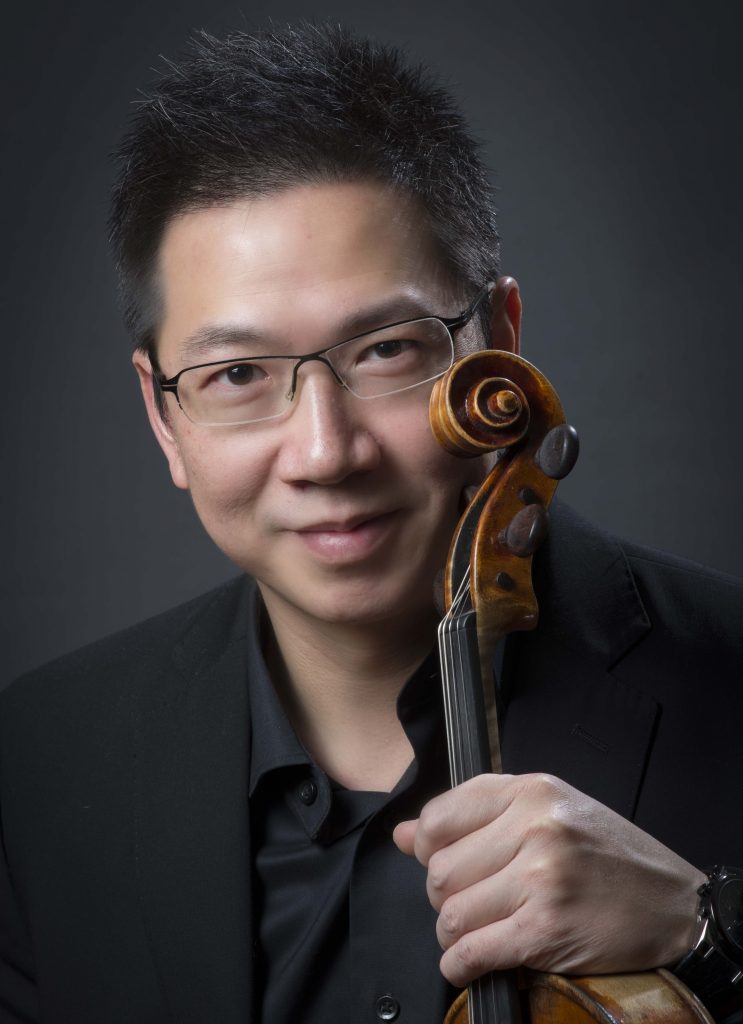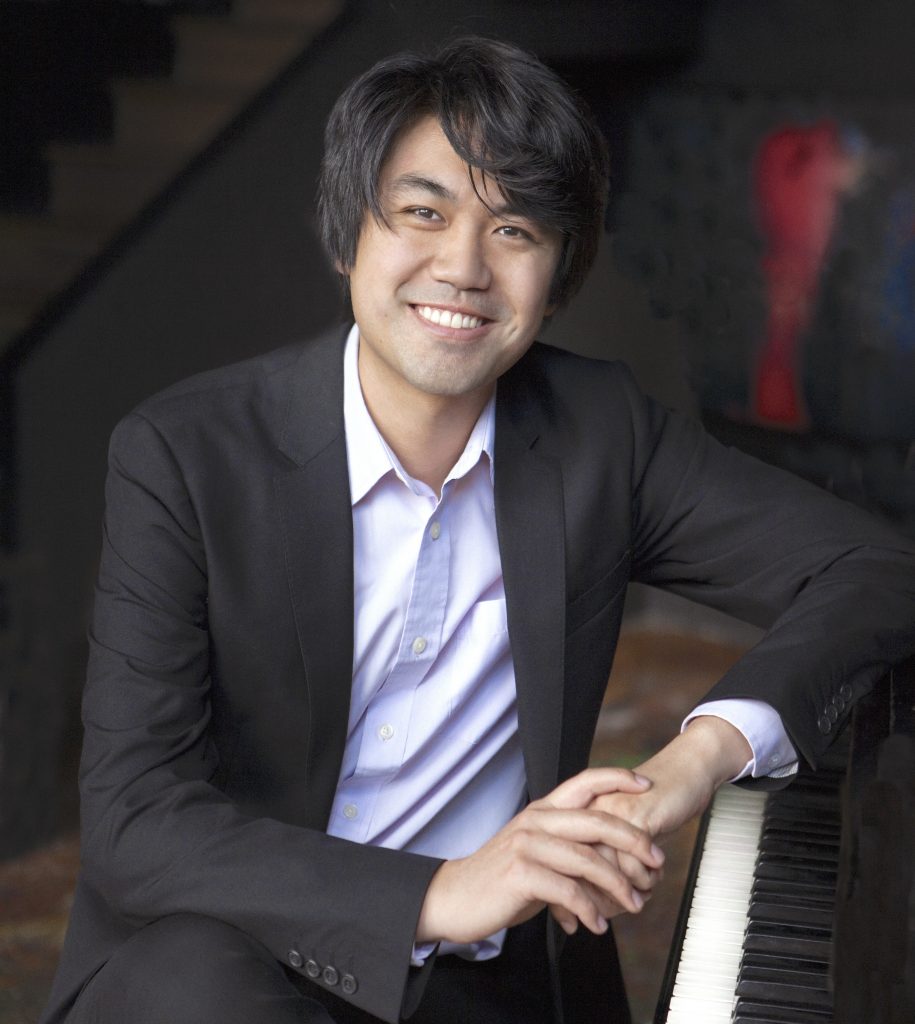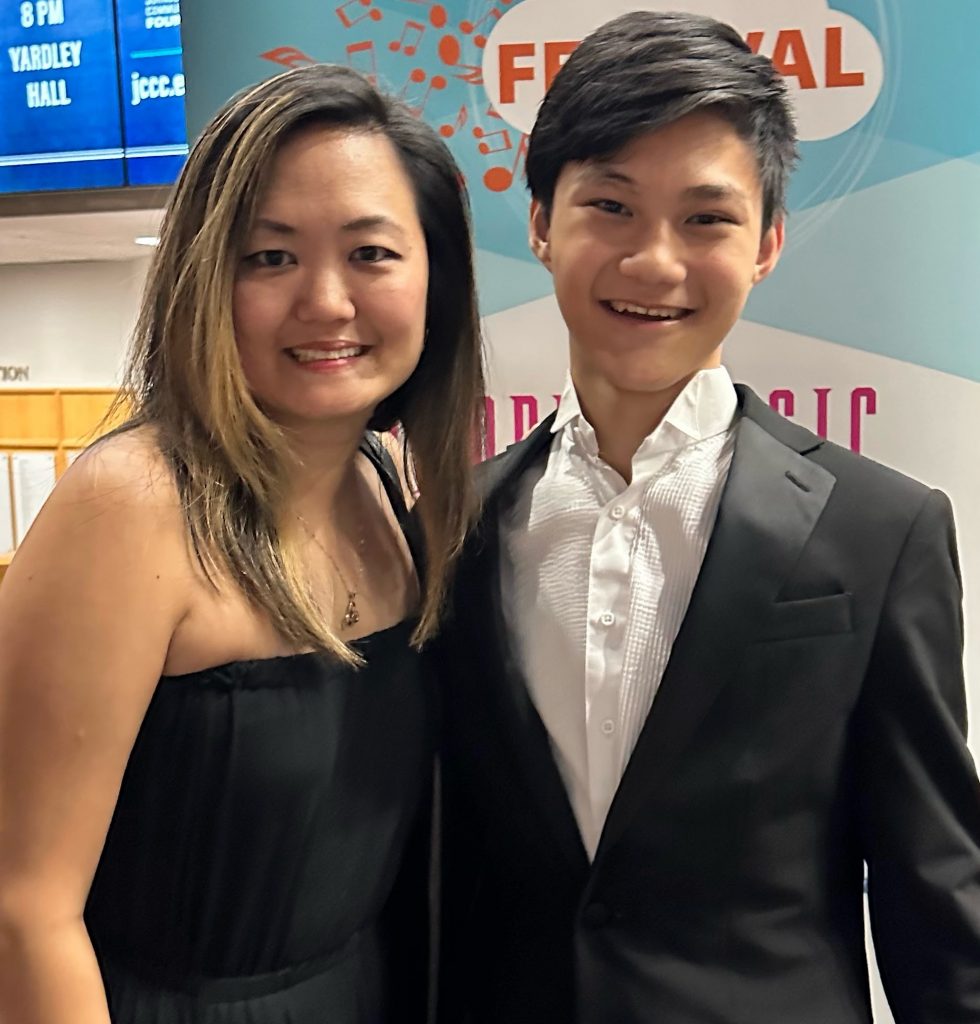Anyone who has remained attentive to the performing arts in Kansas City is probably aware of a growing phenomenon of which we can all be justly proud: the presence of a large number of exceptionally gifted young musicians. Everywhere you look, there are festivals, competitions, and performances featuring kids whose artistic level just seems to get better and better.
To be sure, this has been sparked partly through some still-energetic school music programs, but in the last two decades the metro has seen a proliferation of specialized non-profit programs designed to train talented young artists to a level that often leads to enrollment in prestigious conservatories and universities — or even to concert careers.
One of these programs is the Heartland Chamber Music Festival, founded in 2001, which this year runs through August 3rd at Midwest Trust Center (and includes a String Sprouts initiative for kids aged three through six). Heartland Festival has recently partnered with the Friends of Chamber Music, under the auspices of artistic co-directors Dmitri Atapine and Hyeyeon Park, expanding its activities into year-round programs.
Heartland is just one of several instrumental programs for youths. Kansas City Young Chamber Musicians, founded by pianist Nicholas Dold of William Jewell College, features chamber initiatives for gifted kids ages 13 to 18. The Youth Symphony of Kansas City has long been a bellwether of young talent; in recent years the Opus 76 String Quartet has formed a partnership with YSKC for chamber-music intensives. Harmony Project KC trains kids at Northeast Community Center, while Prairie Classical offers opportunities for aspiring young musicians to perform side-by-side with professionals.
Moreover, a burgeoning local music scene and the presence of world-class instruction at The UMKC Conservatory, The University of Kansas, Park University, and William Jewell College (whose faculty members often teach pre-college students in addition to their regular duties) have created an ideal backdrop.
“In a large metropolis there will be a lot of very bright kids, but I think the support that Kansas City has for this is especially strong,” said Jeffrey Savage, who together with his wife, Karen Savage, serves on the UMKC Conservatory piano faculty and has experience teaching gifted youngsters. “This wouldn’t be so visible to all of us if it were not for the support, the teachers, and the community.”
The Savages’ 13-year-old son, Will, is a participant in the Heartland Festival and has advanced rapidly there and as a private cello student of Susie Yang, the Kansas City Symphony’s associate principal cellist.
“There are wonderful teachers and coaches here who are totally committed to developing the next generation of artists,” said Karen, a professor of collaborative piano, adding that the wealth of world-class performing arts groups has enriched her family’s musical life.
At age 11, Will Savage performed a movement of Haydn’s C-major Cello Concertowith the Kansas City Civic Orchestra, as the winner of the 2022 Chatelain Young Artist Competition.
Kauffman Center’s Helzberg Hall made the experience especially powerful for young Will, who called the space “amazing … for projecting the sound,” and said that he felt intimidated “only in rehearsal and when I first went onstage, but once I started playing it was fine.” (Numerous international artists have raved about Helzberg Hall, notably Chicago Symphony Music Director Emeritus Riccardo Muti, who loves it so much that he has brought his orchestra to the Harriman-Jewell Series three times.)
Where does musical talent come from? As much as scientists and educators have wrestled with the question, most musicians rely on their own observations for answers. “I always tell my students there are three things that produce success in music,” said violist Jackie Lee, artistic director of the Heartland Festival, which he has helped build into a nationally recognized event. “Talent, hard work, and luck.”
To be sure, some students have better ears than others — a better sense of harmony or rhythm, or even “an almost innate understanding of the music,” he added. But natural gifts are only part of the formula. “It’s the hard work,” Jackie said, “that helps gifted kids advance quickly.”
And luck enters the picture when it comes to career-building. “In my own growth and development, there were times when I happened to meet this teacher, or hear this concert, and they had such an impact that I could not have advanced if I had not had this experience or met that teacher at that point in my life.”
Preparation is crucial, though, which is why musicians need to start as early as humanly possible. Many local youths, though probably not the majority, are the offspring of musicians: professors, Symphony members, private music teachers. (This could be used as an argument for either nature or nurture.) “But if you think of music as a language,” Karen said, “then certainly a child who has been raised hearing, say, Italian from the womb, or hearing music all the time at home, is going to pick it up.”
Moreover, when people begin engaging in a physical activity early on, they are likely to be better at it than if they hadn’t.
Sean, a Van Cliburn Competition medalist who performs around the world, has only one pre-college student: 14-year-old Eddison Chen (no relation), a local keyboard phenomenon who made it into the final 12 of last year’s Van Cliburn Junior Competition — and is a regular participant in the Heartland Festival and other events.
“Playing music is almost like being an athlete,” said pianist Sean Chen, who holds the UMKC Conservatory’s Jack Strandberg/Missouri Endowed Chair. “If you don’t develop the technical skills early, they don’t come easily when you’re older. Whereas the cerebral part, the analytics, the intelligence, you can develop later.”
“Talent comes from a lot of different factors … both nurture and nature together,” Sean said. Yet on a day-to-day level, it probably doesn’t matter much. “Our job as teachers is to try to push students in the right direction, accentuate what works, and lead them away from things that are not productive.”
Those who are passionate will often thrive on their own, driven by self-motivation. Most youths who function at Eddison’s level “don’t need to be pushed to practice,” Sean said. “They are interested on their own … they have an exploratory nature.” Still, there is much hard work involved, “and a kind of stubbornness to keep working on something until you get what you want.”
“I’m pretty self-motivated,” said 15-year-old John Lee, also a Heartland Festival participant, who began the cello in earnest in sixth grade and has advanced with dizzying speed. A junior at Blue Valley Southwest who has won a bevy of awards, John agrees that nature and nurture both play a part in music, but he also believes “that people were born with gifts that God gave them,” and that those talents should be used for good.
“John is gifted musically,” said Olive Lee, John’s mother. “He is also someone that not only enjoys playing music, but who takes delight in all aspects of his musical experience. … Regardless of whether he ends up pursuing a career as a vocational musician, our prayer is that he will be a good steward of his gift — always sharing it joyfully and using it as an instrument of blessing to others.”
—By Paul Horsley
To reach Paul Horsley, performing arts editor, send an email to paul@kcindependent.com or find him on Facebook (paul.horsley.501) or Twitter/Instagram (@phorsleycritic).
